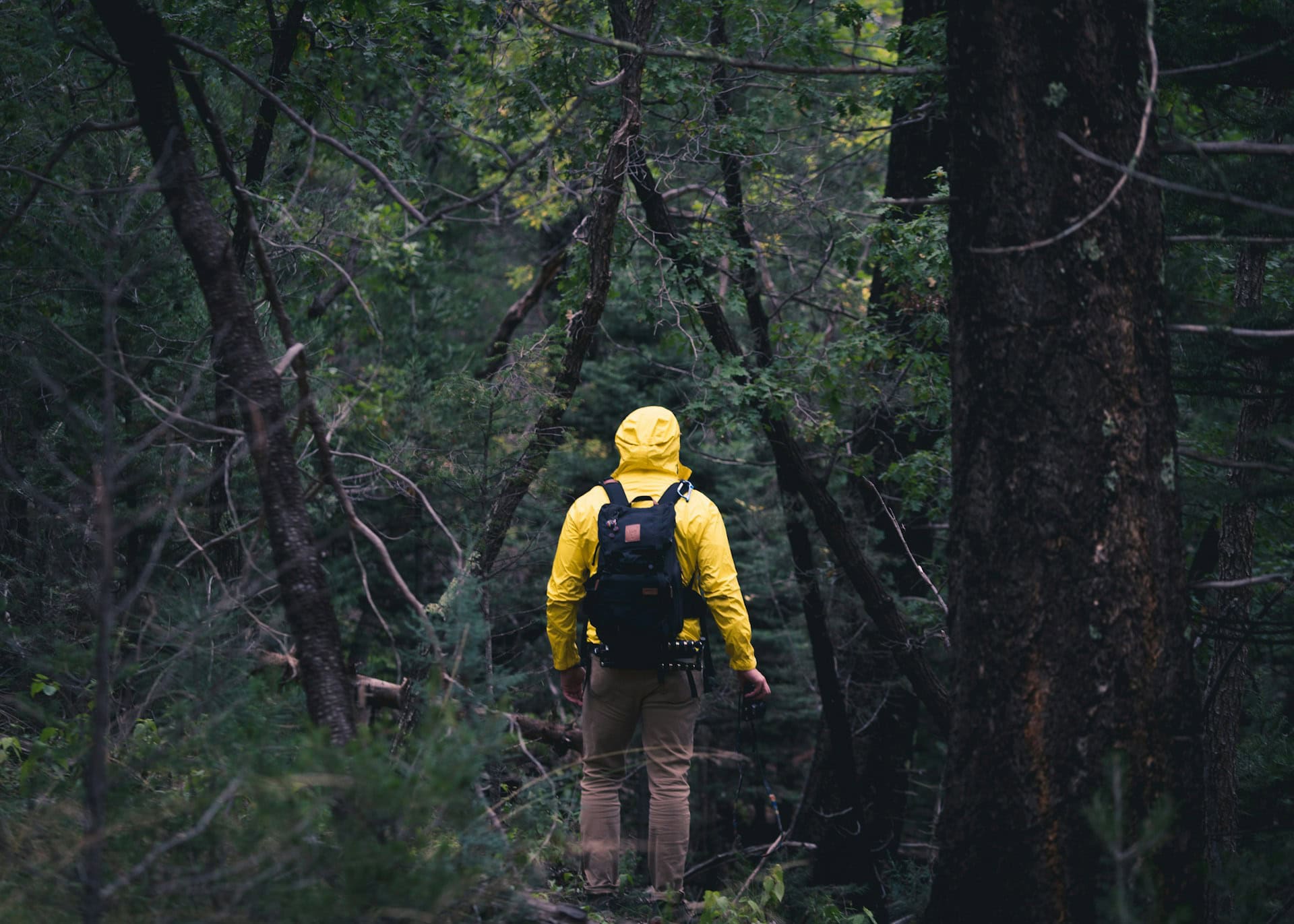Top 10 Essential Survival Skills
When you’re stuck in the wild or facing a crisis, knowing what to do can mean the difference between safety and danger. Just like in other parts of life, where smart choices matter—such as choosing a $5 deposit casino rewards offer to make your money last longer—survival is all about using simple tools and knowledge to get the most out of what you have. The skills listed below are not just for people who hike in the mountains or camp in forests. They can help anyone handle unexpected situations.
From making a fire to building shelter, survival skills are based on preparation, awareness, and staying calm.
1. Making a Fire
Fire gives heat, light, and a way to cook food. It also helps you stay safe by keeping animals away. Learn how to use matches, lighters, and fire starters. You should also know how to start a fire using dry leaves, sticks, and a spark if tools aren’t available.
Practice building different fire types like the teepee or log cabin fire. And always follow local safety rules to prevent wildfires.
2. Finding and Purifying Water
The human body can survive weeks without food, but only a few days without water. Knowing how to find clean water sources—such as rivers, lakes, or rain—is key.
If you can’t find bottled water, purify it by boiling, using purification tablets, or filtering through cloth or a special water filter. Never drink directly from unknown water sources.
3. Building Shelter
A proper shelter protects you from cold, rain, and wind. It also keeps you off the ground and away from insects or animals.
Use items around you like branches, leaves, or even tarps. The simplest shelters include lean-tos and debris huts. Always place shelters in safe areas—away from falling branches, animal paths, or flood zones.
4. Knowing Basic First Aid
Injuries can happen anywhere. Knowing how to treat cuts, burns, and sprains can stop small problems from getting worse. Learn how to use a first aid kit, stop bleeding, and clean wounds.
In serious cases, knowing CPR and how to signal for help can save lives. It’s worth taking a basic first aid course if you haven’t yet.
5. Finding Food in Nature
While water is more important short term, food gives energy. Learn how to identify edible plants, fruits, nuts, and insects. In some areas, you may be able to fish or trap small animals.
Only eat what you’re sure is safe. Some plants and mushrooms are poisonous. Bring a small guidebook or use phone apps that work offline.
6. Navigation and Map Reading
GPS doesn’t always work in remote areas. Knowing how to read a map and use a compass can help you stay on track or find your way back.
Also, learn to use landmarks like mountains, rivers, and stars for direction. Getting lost wastes energy and time, which can be dangerous in survival situations.
7. Signaling for Help
When you can’t move or find your way, it’s important to let others know where you are. Use mirrors, bright clothing, loud whistles, or smoke to attract attention.
Set up large symbols on the ground (like “SOS”) that are visible from above if a rescue team is searching from the air.
8. Watching the Weather
Knowing how to read signs of changing weather can save your life. Dark clouds, falling temperature, and sudden wind shifts often mean storms are coming.
Prepare in advance by finding shelter or setting up rain protection. Cold rain can lead to hypothermia if you’re not ready.
9. Using Tools and Knots
A small knife or multi-tool can help you cut branches, open cans, or build shelter. Knowing basic knots can also help you build, climb, or secure items.
Practice making knots like the square knot, bowline, and clove hitch. They’re simple but useful in many situations.
10. Mental Strength and Staying Calm
This might be the most important skill of all. Panic leads to mistakes. Staying calm, thinking clearly, and making smart decisions will help you more than any gear.
Take deep breaths, assess the situation, and focus on one task at a time. Remember, survival is as much about mindset as it is about tools.
Simple Items to Include in a Survival Kit
- Small knife or multi-tool
- Waterproof matches or lighter
- First aid kit
- Water purification tablets
- Emergency blanket
- Compass and map
- Flashlight with extra batteries
- Whistle
- Energy bars or dried food
- Rope or paracord
Knowing survival skills means being ready—not just for wild forests but for everyday emergencies too. These 10 basic skills can give you confidence and safety when things don’t go as planned. Practice them, carry simple tools, and stay alert. Being prepared is never a waste.




